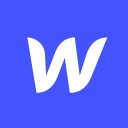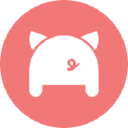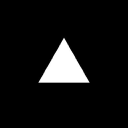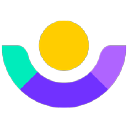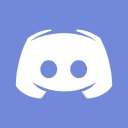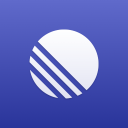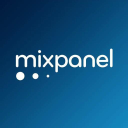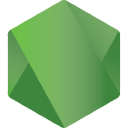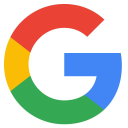We Produced A Web Series While Building A DevTool [And Got The Most Helpful User Inputs!]
Shalom! I’m Jonathan and I am the cofounder of Fine, a development environment powered by AI agents. By facilitating AI agents, we allow developers to create their squad of virtual teammates and 10x their development speed. In contrast to coding assistants like GitHub Copilot which help with the next few lines of code, Fine’s agents can handle complete tasks.
We just released our product after a long process of ideation that we conducted through producing a web series on Developer Experience. We interviewed people from all “ranks” of the R&D, from the devs in the trenches to the VPs and CTOs. These interviews turned into the biggest tech web series in Israel as well as our basis for Fine.

What's your backstory and how did you come up with the idea?
Fine is my first attempt at building a startup. I met my first cofounder, Dan, three years ago: I was in Barcelona and he passed there on the way to LA, where he worked on his...

Download the report and join our email newsletter packed with business ideas and money-making opportunities, backed by real-life case studies.

Download the report and join our email newsletter packed with business ideas and money-making opportunities, backed by real-life case studies.

Download the report and join our email newsletter packed with business ideas and money-making opportunities, backed by real-life case studies.

Download the report and join our email newsletter packed with business ideas and money-making opportunities, backed by real-life case studies.

Download the report and join our email newsletter packed with business ideas and money-making opportunities, backed by real-life case studies.

Download the report and join our email newsletter packed with business ideas and money-making opportunities, backed by real-life case studies.

Download the report and join our email newsletter packed with business ideas and money-making opportunities, backed by real-life case studies.

Download the report and join our email newsletter packed with business ideas and money-making opportunities, backed by real-life case studies.

